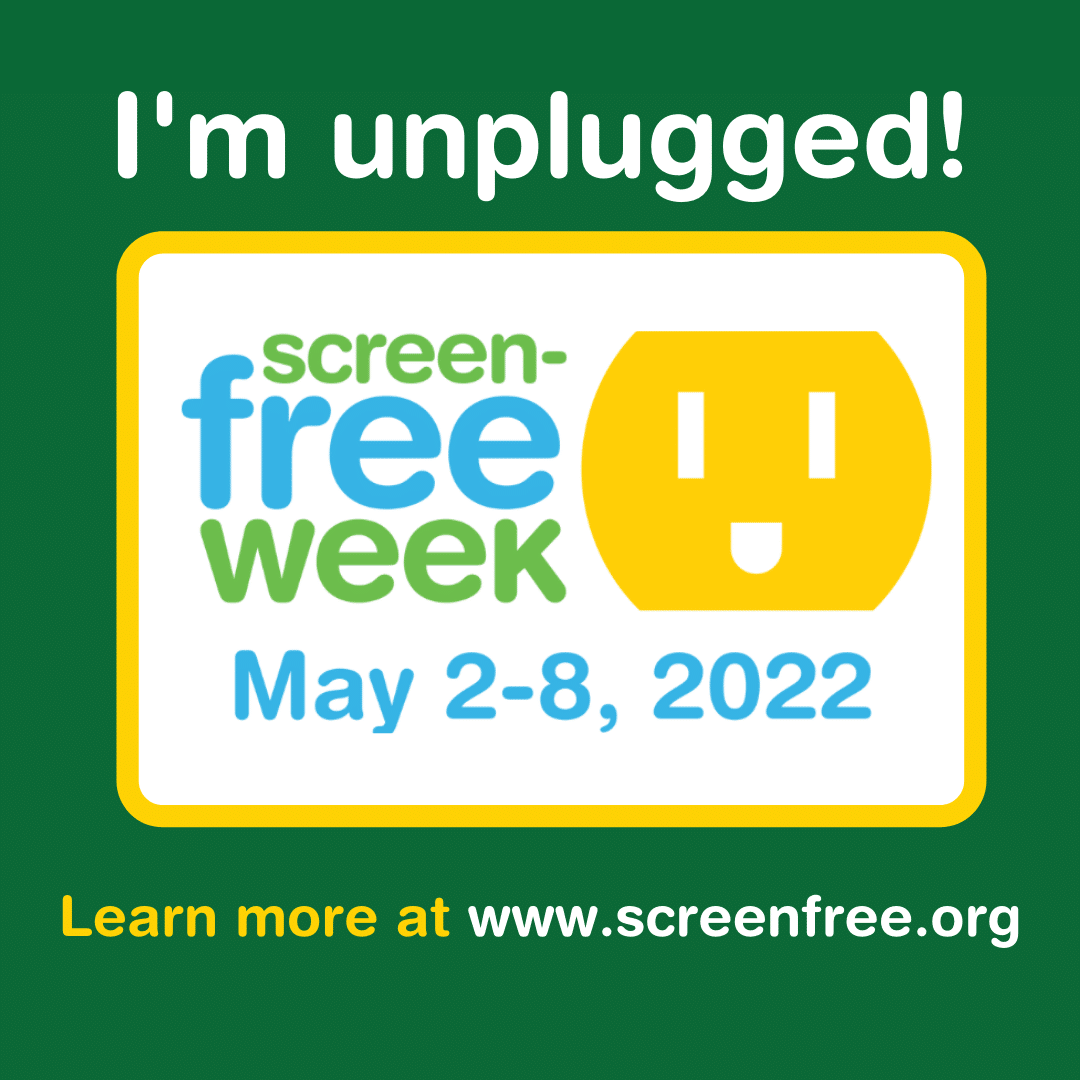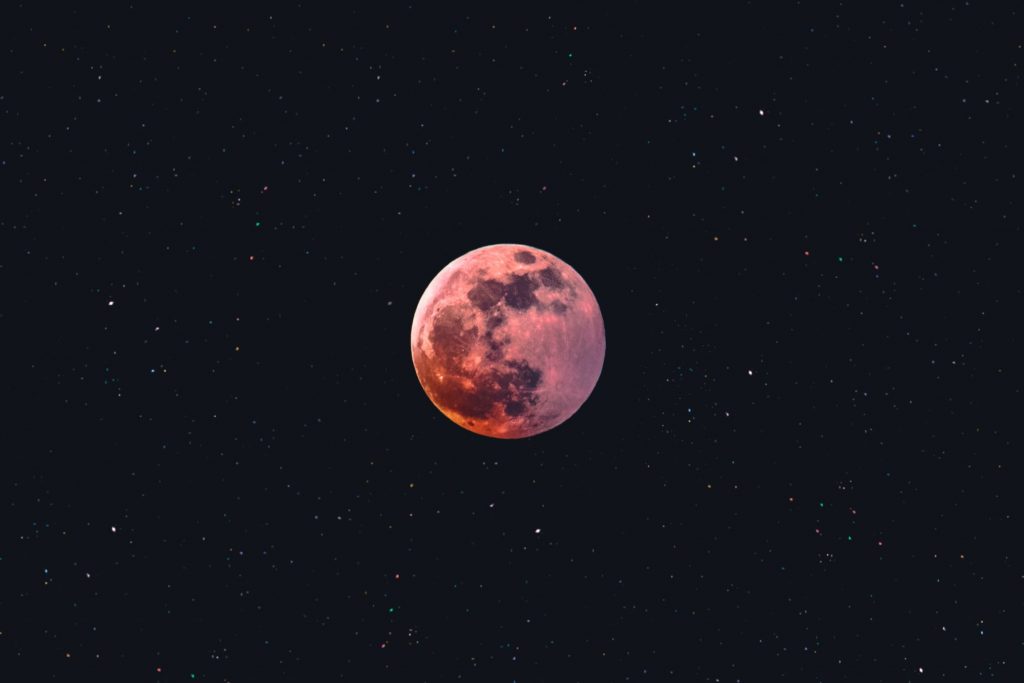Kia ora friends, colleagues, and geeky folk of all stripes,
Here I am, post COVID #1, mostly normal (whatever that means). Still longing for a nap, at all times, but otherwise groovy.
I have some deluxe links to share, some of which will invite you down the best type of rabbitholes, the ones that are evidence-based, informative, and even inspiring. I’m talkin’ ’bout stuff like THIS … The Center for Integral Wisdom.
A couple of most interesting “tech and education” links for you now: here is the work of Zak Stein, this is the homepage of Jon Haidt, and those fellas together do some deluxe work as the Consilience Project.
This essay from the Consilience Project, about education, is rather USA-centric, but bloody relevant and fascinating nonetheless. Worth it. Promise. Oh, while we are thinking about education and technology … check this out, from The Hill, about student privacy issues with EdTech (kids are the product!!)
I’m also rool interested in this side hustle of Dr. Haidt’s, Let Grow, which is about supporting children’s play drive. What my mate Pennie would call their sacred urge to play.
Something’s up, for sure. Our young people are bummed out like never before, it’s all been made worse by this pandemic (THIS study is about adults, but still…). Actually, I really like Audrey Tang’s use of “Twin-demic” … behold … …”both a pandemic and an infodemic – a lot of disinformation and fake news was circulating in the internet.” I also love their use of Humour as shield and weaponry. Fab.
Here is a link to the latest report from Pew about teens and the internet/social media ETC, a piece from NPR about recognising when to log off, and in a weird twist … Chuck Norris is a voice for children’s online safety. Wha…?
What else? This is from the WAIMH (*World Association of Infant Mental Health) and it’s about the rights of babies and infant mental health. Speaking of babies (which I do all the time!) here is a lovely resource from Pasco Fearon (legend!) and a link to some new tech/baby research (which is the corner of the world where I live, at the mo). Truly, darlings … there is new work published EVERY DAY. Impossible to keep up! Aaaagh!
In a completely unrelated subject, I was really inspired by this, from the Harvard Medical School newsletter, about resisting ageism. Growing old is a by-God privilege, and I reject all other philosophies!
Here is a beautiful essay about the value of domesticity and care, written by the late, great Donella Meadows. This is another of my fave topics! Love me some Radical Homemaking!
As always, I covet. The work of Aho Creative is gorgeous. Now, to finish up the “have to’s” so I can go and exercise 🙂





